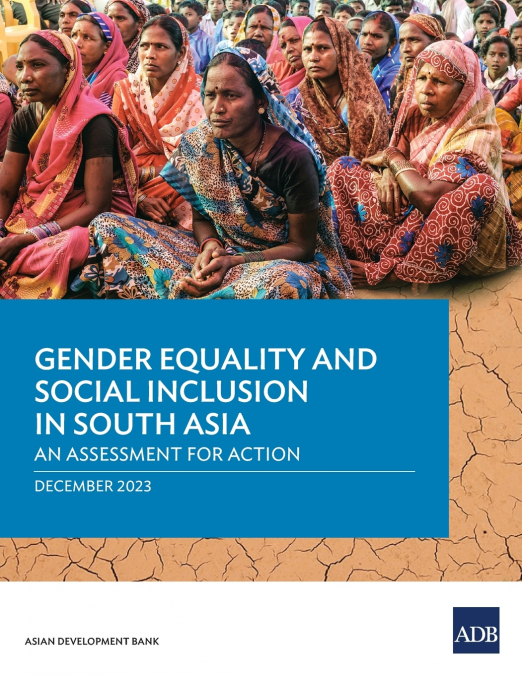
 Donde los libros
Donde los libros
 Librería 7artes
Librería 7artes
 Librería Elías (Asturias)
Librería Elías (Asturias)
 Librería Kolima (Madrid)
Librería Kolima (Madrid)
 Librería Proteo (Málaga)
Librería Proteo (Málaga)
ADB’s South Asia Department conducted a study to assess the status and responses to the needs of disadvantaged groups in its member countries and identify entry points for greater gender equality and social inclusion impacts in its operations.This publication presents the results, providing an analysis of nine dimensions of exclusion and vulnerability- gender inequality; old age, disability, social identity, diverse sexual orientation, gender identity and expression, and sex characteristics; geographic location; income poverty; young age; and migrant status-and how these dimensions overlap in the lives of people with intersecting disadvantaged identities. Drawing from the good practices of governments, civil society organizations, and ADB-financed projects in South Asia, the publication provides SARD a 10-point guide for designing and operationalizing programs for gender equality and social inclusion.